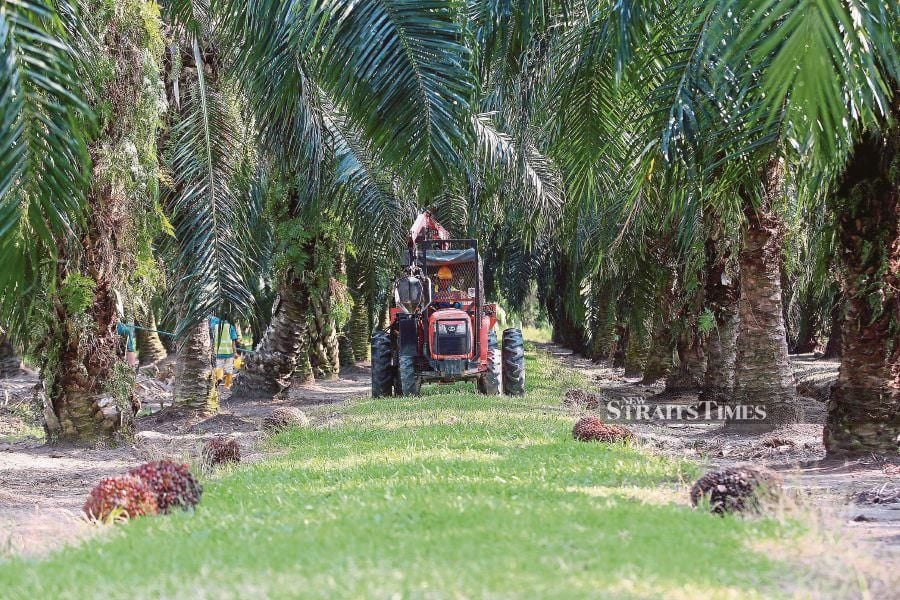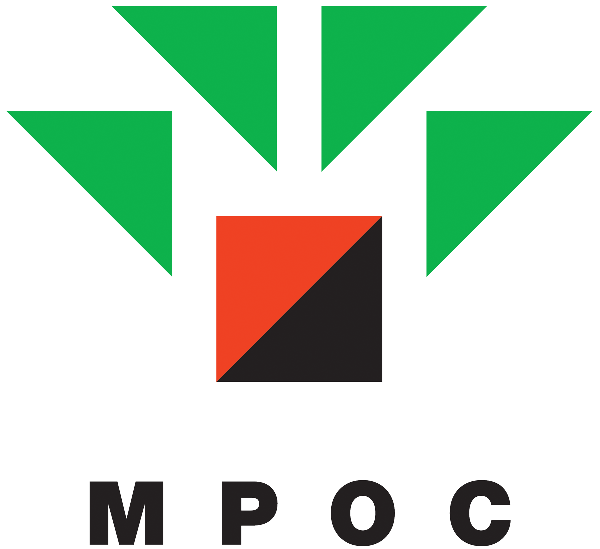
In 2024, Malaysia exported a total of 15.39 million metric tonnes of palm oil.
KUALA LUMPUR: Malaysia’s exports of processed palm oil (PPO) and palm-based products are significantly larger than crude palm oil (CPO) exports, the Dewan Rakyat was told.
In 2024, Malaysia exported a total of 15.39 million metric tonnes of palm oil, said Plantation and Commodities Minister Datuk Seri Johari Ghani.
Of this total, PPO exports amounted to 11.69 million metric tonnes worth RM50.73 billion, while CPO exports were only 3.69 million metric tonnes, valued at RM15.09 billion.
This means only 24 per cent of Malaysia’s palm oil exports consisted of CPO, the minister said in a written parliamentary reply.
Johari added that exports of palm-based products amounted to 14.80 million metric tonnes, valued at RM53.44 billion, compared to 11.98 million metric tonnes valued at RM46.3 billion in 2023.
“These figures indicate that the export performance of value-added downstream palm oil products is growing, in line with efforts to reduce dependence on crude palm oil exports,” he said.
Johari (BN-Titiwangsa) said CPO exports still play an important role, particularly for existing markets such as India, Kenya, and the Netherlands.
“Exports to these markets not only contribute to national income but are also strategically important to ensure Malaysia does not lose market share to its closest competitor, Indonesia,” he said.
The minister was responding to a question from Jamaludin Yayha (PN-Pasir Salak) on a comprehensive policy to diversify palm-based products and reduce dependence on CPO exports.
Johari said the ministry has adopted several approaches to strengthen palm-based product output while addressing uncertainties in global demand.
This includes research and development (R&D) through the Malaysian Palm Oil Board (MPOB) to expand high-value downstream products like biodiesel, oleochemicals, and tocotrienols.
He added that the ministry, through its agency the Malaysian Palm Oil Council (MPOC), also actively conducts promotional activities and market expansion efforts to promote Malaysia’s downstream palm oil products to global consumers.
“Simultaneously, the ministry implements the Malaysian Sustainable Palm Oil (MSPO) Certification Scheme to ensure that palm oil and its downstream products remain competitive in terms of quality and sustainability,” he said.
“We also encourage palm oil industry players to upgrade infrastructure and modernise processing methods so that a wider variety of downstream products can be produced more efficiently,” he added.
Johari said the ministry remains committed and focused on producing high-quality and sustainable palm oil products through MSPO certification, investment in R&D, training for smallholders, and various promotions of high-value downstream palm oil products that have more stable global demand.
Palm-based products include margarine, cooking oils, soaps, cosmetics and biodiesel.
Source: New Straits Times





